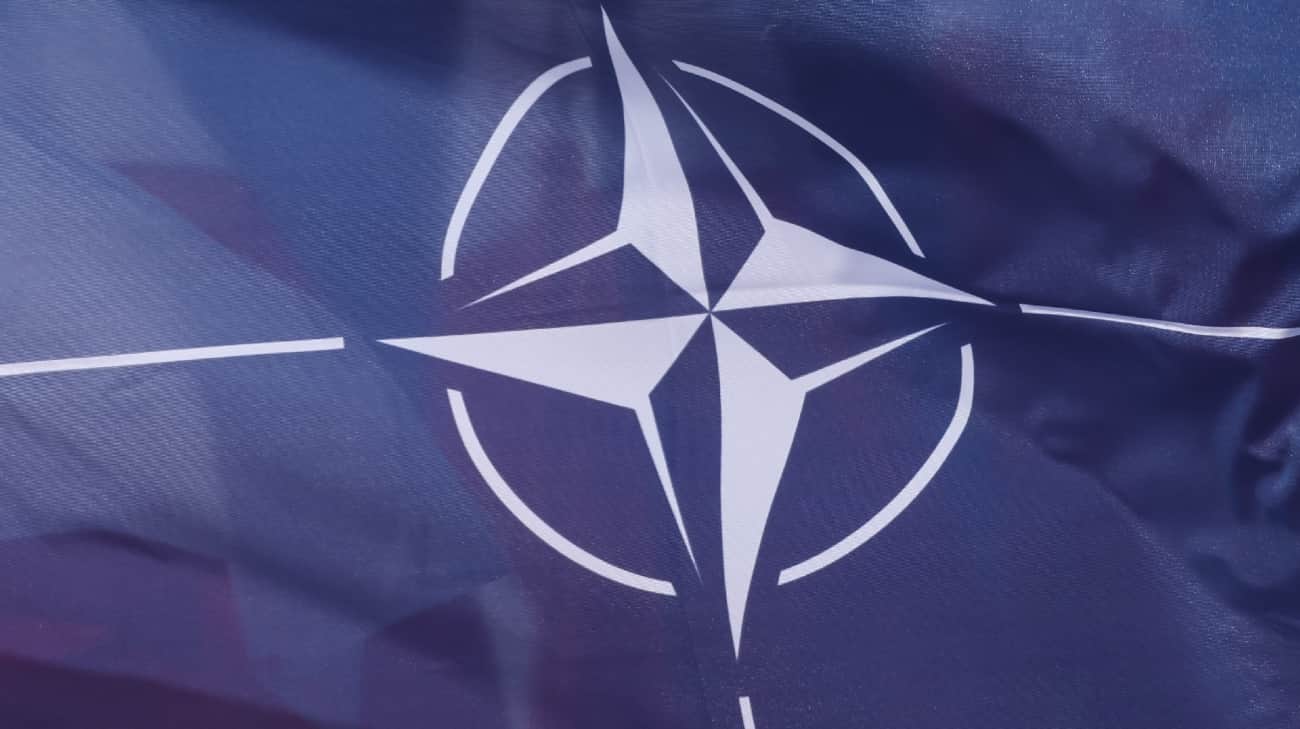
Poland's Controversial Proposal: The Duty to Shoot Down Russian Missiles
Poland is stirring up international controversy with its recent call to shoot down Russian missiles that threaten Ukrainian territory. Polish Foreign Minister Radosław Sikorski has boldly asserted that Poland, along with other neighboring countries, has a "duty" to intercept Russian missiles before they enter Polish airspace. This assertion has prompted a strong reaction from NATO, highlighting the delicate balance between national defense and broader alliance concerns.
In a recent statement, Sikorski emphasized that Poland’s constitutional duty to protect its airspace justifies the interception of hostile missiles. He argued that if missiles are on a trajectory to breach Polish airspace, it would be a legitimate act of self-defense to neutralize them before they cause potential harm. Sikorski’s position comes amidst ongoing Russian aggression, which has seen missiles and drones occasionally entering Polish airspace during attacks on Ukraine.
Also Read:- Memphis Tigers Set to Face Troy in Week 2: What You Need to Know
- FSU Fans Call for Change as DJ Uiagalelei's Struggles Continue
NATO's response, however, has been cautious. A spokesperson for the alliance reminded that while member states have the right to defend their airspace, such actions could inadvertently escalate the conflict. NATO underscored that the alliance's role is to prevent further escalation and maintain a balance that avoids direct involvement in the conflict. The spokesperson highlighted the necessity for close consultations among allies to navigate this complex situation.
Poland's stance reflects growing domestic pressure. A recent survey indicates that a significant portion of the Polish public supports the idea of shooting down unidentified objects that could pose a threat, regardless of their precise nature. This public sentiment has clearly influenced the Polish government’s approach, with Sikorski advocating for preemptive action to safeguard national security.
The debate over this issue underscores the broader challenges facing NATO and its member states as they navigate the ongoing conflict in Ukraine. While the alliance seeks to avoid becoming embroiled in the conflict, individual member states are grappling with their national security concerns and the potential implications of their actions.
The situation remains fluid, with ongoing discussions within NATO about how to reconcile member states' defense needs with the alliance's collective objectives. As the conflict in Ukraine continues, the question of how far countries like Poland can go in their self-defense efforts remains a contentious and critical issue on the international stage.
Read More:

0 Comments